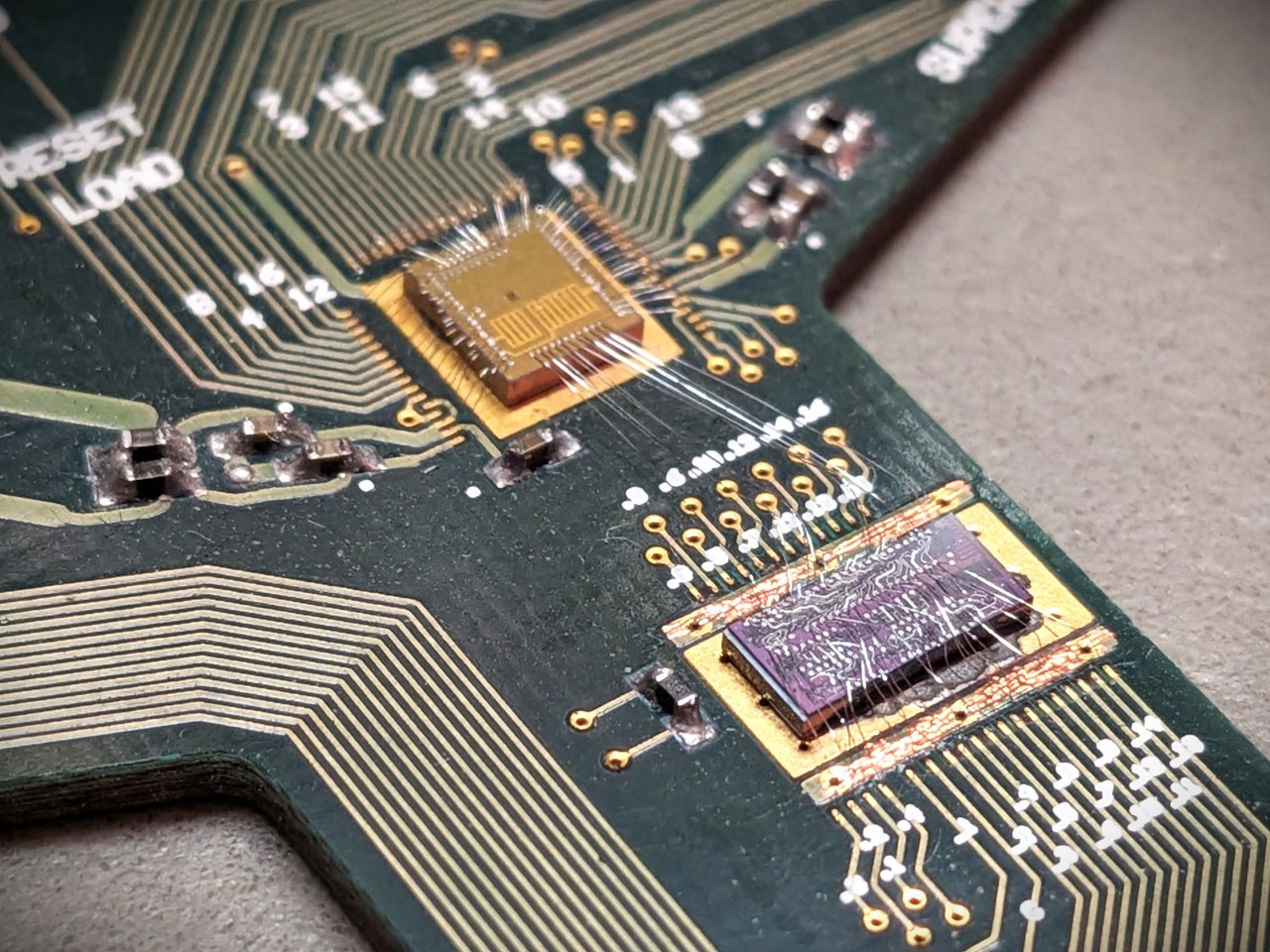Physical Neural Networks: A New Frontier for Artificial Intelligence
Artificial intelligence is increasingly present in everyday life, but the growing complexity of these models is significantly increasing the demand for energy and computing power, which is currently unsustainable with traditional digital systems.
To overcome these limitations, research is looking at innovative technologies such as physical neural networks, which process information by directly exploiting the laws of physics. On this topic, the journal Nature published a study to which the Politecnico di Milano contributed, along with international partners including the École Polytechnique Fédérale de Lausanne, Stanford University, the University of Cambridge, and the Max Planck Institute.
The Politecnico has developed integrated photonic chips capable of performing mathematical operations through light interference on silicon microchips measuring just a few square millimeters. This technology dramatically reduces energy consumption and processing times, with potential applications in fields such as autonomous vehicles and wearable sensors.
A key aspect concerns network training, which cannot follow conventional digital models. Researchers have developed an entirely optical "in-situ" training technique, making the process faster, more robust, and more efficient.
By eliminating digitization, our photonic chips enable faster and more energy-efficient calculations, paving the way for intelligent devices capable of operating in real time.
Francesco Morichetti, head of Photonic Devices Lab
These results are part of a research line exploring various complementary approaches—photonic, analog electronic, and quantum—toward more powerful hybrid systems that are closer to human needs. This transformation marks a fundamental step for the future of artificial intelligence, and the Politecnico di Milano is at the forefront.
Momeni, A., Rahmani, B., Scellier, B. et al.
Training of physical neural networks.
Nature 645, 53–61 (2025).

